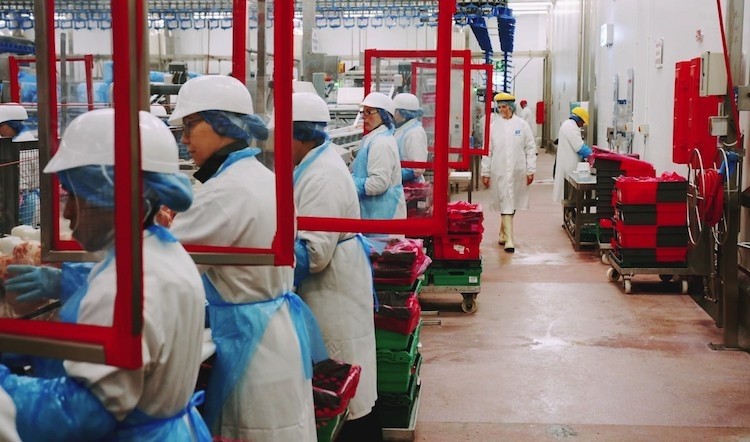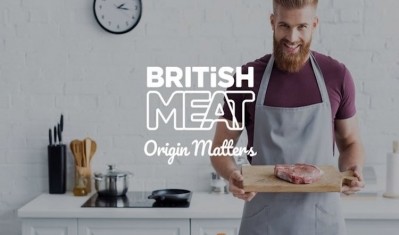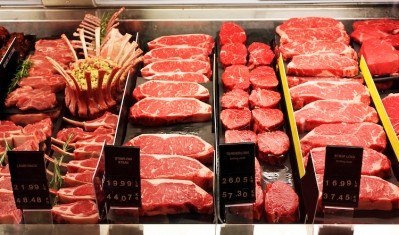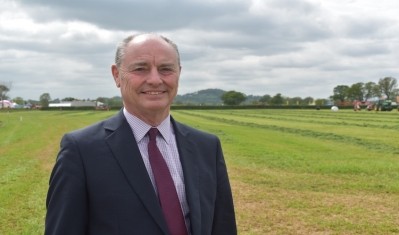Coronavirus: Meat industry in the firing line

The sector has been in the firing line from trade union groups as clusters of cases have emerged in a number of UK meat factories.
That said, cases have emerged at non-meat factories, including Nestle and Princes Group plants over the past few months.
2 Sisters has seen a cluster of 200 confirmed coronavirus cases at its chicken plant in Llangefni, Wales, following a rapid screening exercise.
Reports emerged last week of a localised outbreak at an Asda meat processing site in Kirklees, operated by Kober Ltd, and the Rowan Foods site in Wrexham, North Wales which has confirmed cases.
Trade union Unite said it had received reports of more suspected coronavirus outbreaks at meat processing factories. The organisation told Food Manufacturethat, while the outbreaks were not confirmed, concerns had been raised at more than five sites.
Meanwhile, Moy Park has invested more than £4m in its sites to make them safe for staff.
Spread of Covid-1
A European Federation of Food, Agriculture and Tourism Trade Unions (EFFAT) report published on 25 June identified ‘appalling’ working, employment and housing conditions affecting ‘thousands’ of meat workers across Europe. That had contributed to meat processing plants becoming vectors for the spread of COVID-19, according to the research.
Referencing the UK, the report stated: “Employers have been slow to react to the emerging situation and reluctant to adopt social distancing guidelines particularly in processing areas.
“Union representatives in UK meat processing plants report that most production lines are not covered by social distancing. Risk assessments, if done at all, have had little trade union input. After pressure from the unions, some employers have amended shift times and adapted the layout of common areas (e.g. locker room, canteens). However, in the meat processing areas two-metre social distancing is still not respected as the Government has only released guidelines – which are not legally enforceable.”
However, the report appears merely to aggregate comments made by UK trade unions and contains little, if any feedback, from the meat industry.
Last week the British Poultry Council (BPC) said the portrayal of meat processing sites as virus epicentres was unacceptable.
The BPC said that the outbreaks at meat plants demonstrated that no amount of preparation and vigilance could guarantee complete protection against the virus. And it said businesses were limited to what they could control outside the workplace.
BPC chief executive Richard Griffiths said: “Unfair portrayal of meat processing sites as virus epicentres is unacceptable and we look forward to working closely with the Government to help eradicate these negative stereotypes and raise awareness about the steps taken by the poultry meat industry to protect our people.”
Speaking on Good Morning Britain last week, Nick Allen, chief executive of the British Meat Processors’ Association, said that it had been very challenging for the industry.
“The plants weren’t designed in the first place for people to work two metres apart,” he said.
“Our members started straight away working with authorities to find processes in their plants, so they could do that. On the whole, we have managed do two-metre distancing or put Perspex screens between people. We have avoided people working opposite one another.”
Restaurant facilities
He added that, where necessary, face masks and protection had been provided. But the BMPA said it was looking to see what could be learnt from the latest cases.
In the biggest case, he said, the problem had not been in the plant, but the restaurant facilities, toilets and changing rooms had not put in the right social distancing precautions.
He added that food plants were experts on food hygiene and not on controlling a pandemic disease and were reliant on Government guidelines.
Last week, Public Health England launched new guidance for meat processing plants in the wake of the latest cases and said this might be updated with the changing situation.
The Welsh Government also issued its own guidance, developed with Public Health Wales, unions and other key agencies, including the Food Standards Agency and the Health and Safety Executive.
The guidance advises food sectors on procedures to manage suspected cases, workplace risk assessment, communications with employees, shared accommodation and transport to site, site entry, physical distancing on site and food hygiene.
Welsh health minister Vaughan Gething said: “These outbreaks show coronavirus has not gone away. They reinforce the importance of us all following social distancing guidance, continuing good basic hand hygiene and, if we have symptoms, staying at home and not going to work.”
Representatives from the industry had a meeting with the Department of Environment, Food & Rural Affairs last week to discuss how to keep the supply chain moving in the wake of the pan















